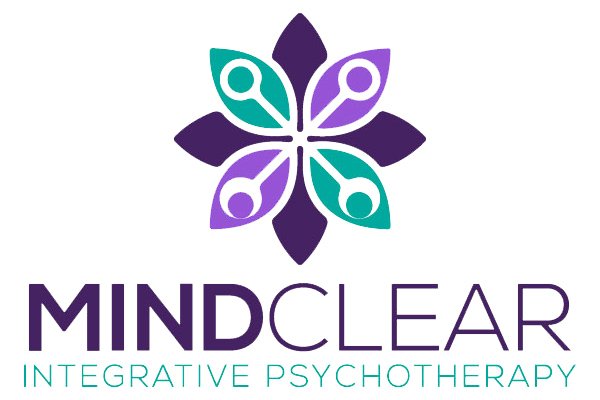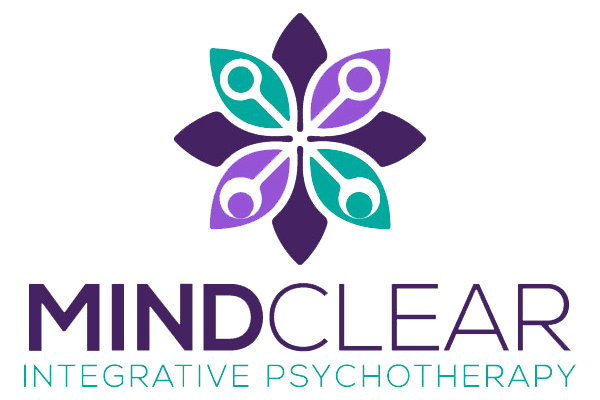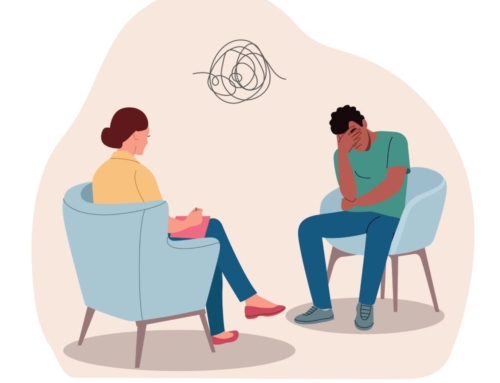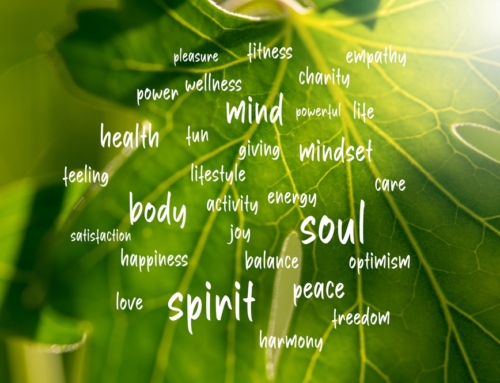Trauma and shame: Healing from the sense of the monster inside

Photo by Brett Jordan on Unsplash
Trauma is not something that one just gets over. This is especially true when talking about complex trauma (i.e., childhood abuse or neglect, racism, relative poverty, chronic oppression, domestic violence, war, etc.). The most uncompromising of trauma are those that involve interpersonal experiences (versus, say, a car accident or natural disaster). Beyond the actual event(s), there is most often a fundamental shift or development of a trauma-based narrative, worldview, and identity. Almost ubiquitously, trauma and shame tend to simultaneously infect all aspects of oneself.
Although it may feel like certain fact that you are a bad person, a monster, or deserve all the bad things that happen to you, this is really just an identity-based story based in trauma. That’s it. It is not fact at all.
There are many theoretical and evolutionary reasons why trauma and shame tend to go together. The following are just a few to consider. Perhaps in doing so, you might see the shame for what it is and begin to heal from years of internalized abuse and terror.
Belief in a just world
People seem to have a fundamental need to believe that the world is good and just. The idea is that if bad things happen, it’s because that person deserved it or made it happen. Blaming the victim is one of the first things most people do when faced with news of tragedy. This is why child and animal abuse just gets denied – it’s pretty hard to blame innocent beings for the harm inflicted upon them. Easier to just stick your head in the sand and not see it at all.
The problem, of course, is that the child (and animal!) will have no problem blaming his or herself. “The world is good, so if bad things are happening it must be because I’m bad”. This is one of the most common subconscious narratives among survivors of complex trauma.
As an adult, it might be hard to justify the abuse you’ve experienced, but it’s even harder to believe that it happened by chance rather than you’ve done something to deserve it. Acknowledging and really seeing the random chaos of the world seems to be much harder than internalizing blame and self-hatred.
Maintaining caregiver attachment
Complex trauma often involves chronic experiences of emotional or physical abuse, neglect, oppression, or discrimination. The “caregiver” in such situations are most often parents, but also can be teachers, bosses, police, the government, or anyone else in a role of authority.
We develop attachments to our caregivers for purposes of survival. At all stages of life, we are in need of some external sense of caregiving. But, no more so than when we are children. Because caregivers are relied upon for survival, they must be seen as good and trustworthy. If one caregiver (i.e., parent) is impossible to maintain in a good light, then the other will be idealized and held up even further.
Protection
When a person has been chronically bullied, abused, or discriminated against, it’s pretty easy to start to believe that others are not the problem. And, in order to prevent rejection and pain, it’s a lot easier to bully yourself first. There’s a fantasy of protection in the idea that if you beat yourself up first it won’t hurt as much when others inevitably do it. Maintaining such a narrative, though, only guarantees that you will hurt. All the time.
A sense of control
While shame is often an unbearable feeling, helplessness is almost always worse. Blaming yourself for what has happened to you gives you the sense that you can then prevent it in the future. Also, it allows for the illusion of empowerment. If you made bad things happen to you, well that’s pretty powerful. If you are the worst person in the world, even more so.
Promotes socialization
Shame is actually a normal human emotion, just like joy, anger, and sadness. Shame, in healthy situations, is an indicator that you’ve done something anti-social or against your peers’ approval and, therefore, should change your behavior. In low doses, shame helps us grow and build empathy and relationships.
The problem, of course, is when your caregivers, peers, or society is abusive, neglectful, or harmful in some other way. You may be led to feel shame for things that in any other group would never be shameful! You must take on the role of bad so as not to further upset those around you. You might even start behaving badly as a result.
This does not mean you are actually bad. Period.
Shame in the face of violence and trauma makes sense. Almost ever survivor has some experience with deep feelings of self-hatred and badness. Confirmation biases will reinforce these stories as you see only what confirms your beliefs. This is why compliments and kindness are so hard to tolerate in the face of self-loathing.
But, these feelings and their associated narratives are not fact. They do not actually protect you or give you control over anything. At least not once the trauma has ended. What they do do, however, is lead to profound depression, anxiety, and posttraumatic stress symptoms. In fact, shame is a direct predictor of a diagnosis of PTSD and the severity of mental distress.
The antidote to trauma-based shame and self-hatred is compassion. This may be really hard to do when you’re busy hating yourself or fearing what you believe to be a monster inside you. It may seem overwhelming and scary to let go of years (or decades) of a particular narrative and identity that has made you feel empowered, helped you make sense of the world, led you to believe it was the only way to maintain a sense of social standing, and, ironically, made you feel safe. All of this, though, is just another symptom of trauma. It is a story based in terror and cruelty. It is not fact.
A mental health professional can sometimes help you overcome these fears and learn to find that compassion. So, too, might certain kinds of meditation and yoga, tai chi, or religion. Whatever you find that resonates with you, try going for it. You don’t deserve to live in misery just because bad things have happened to you. You deserve compassion. You deserve forgiveness. And, you deserve to live a life beyond your trauma.









